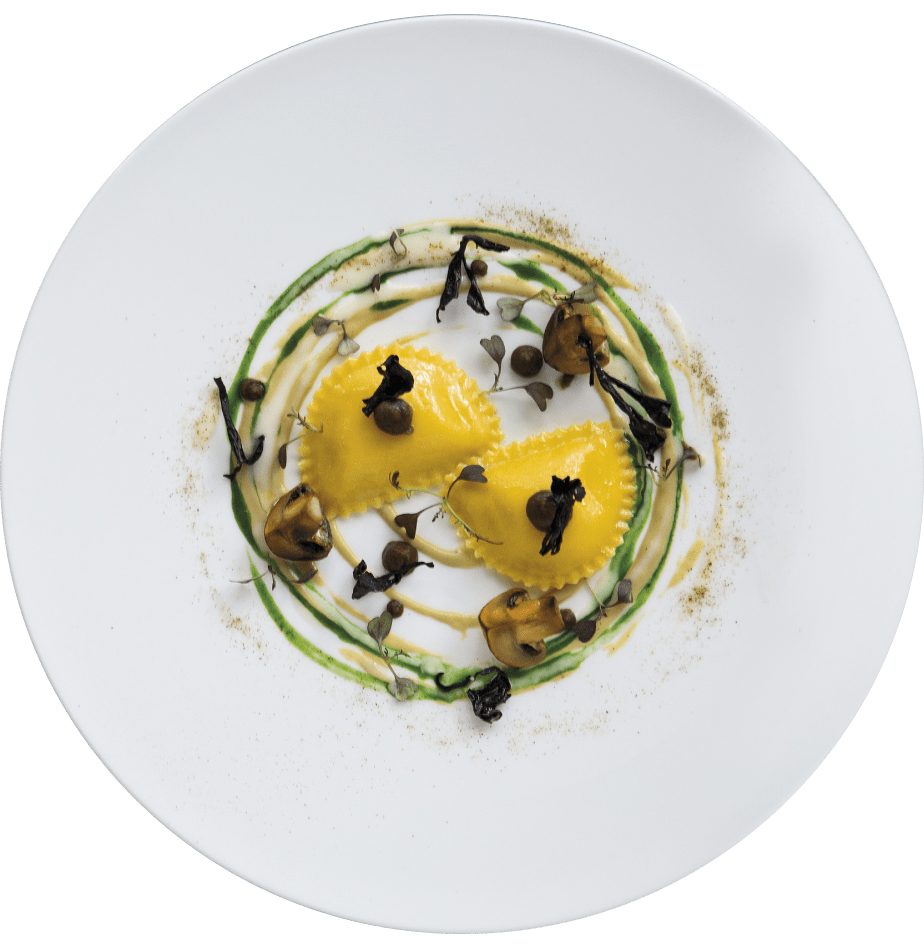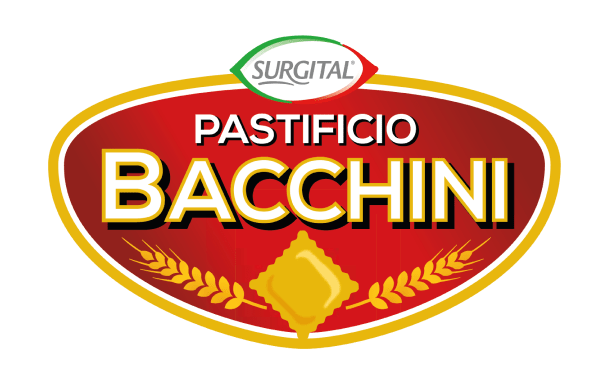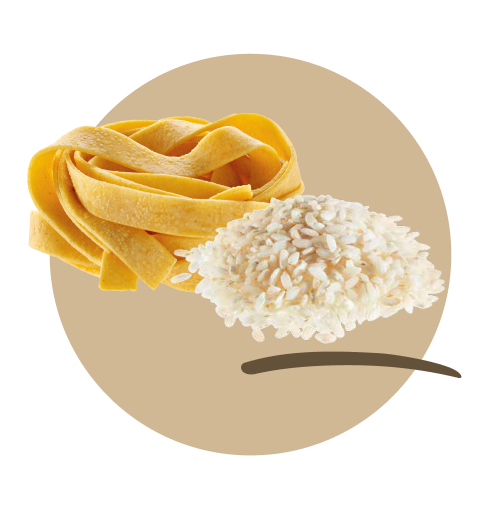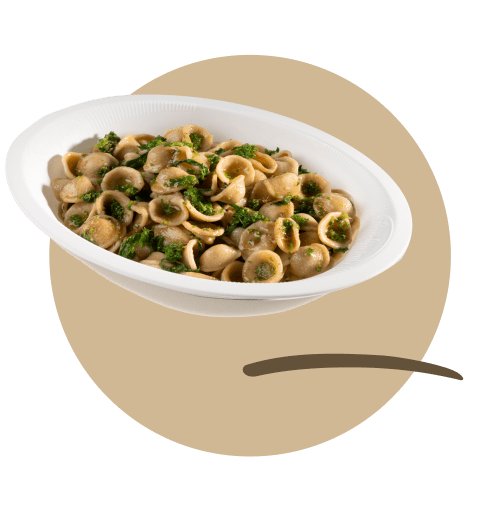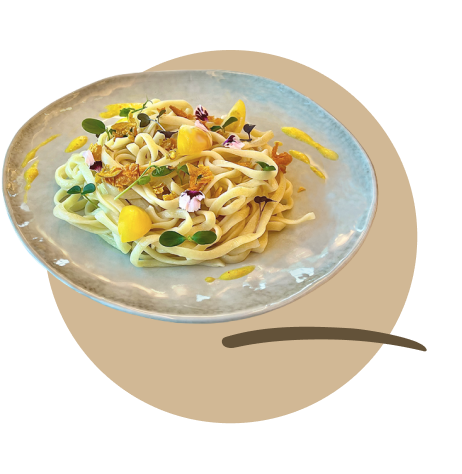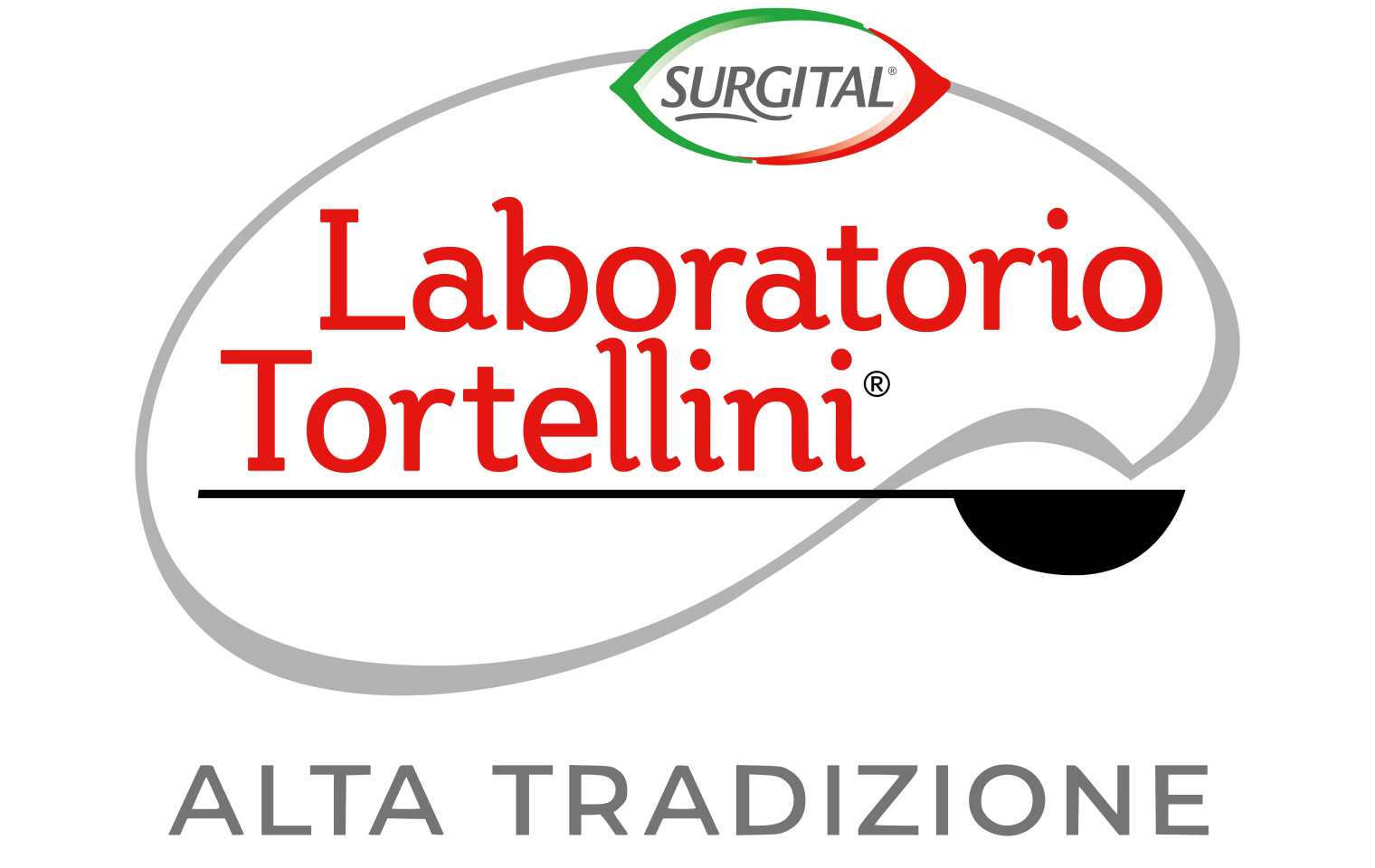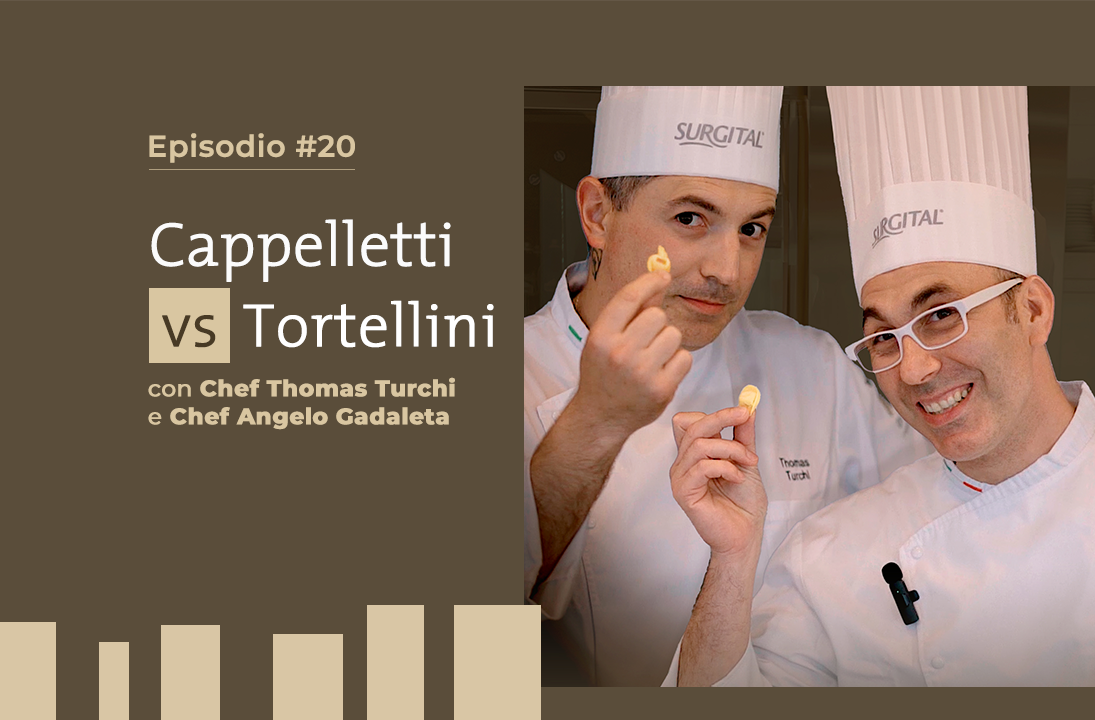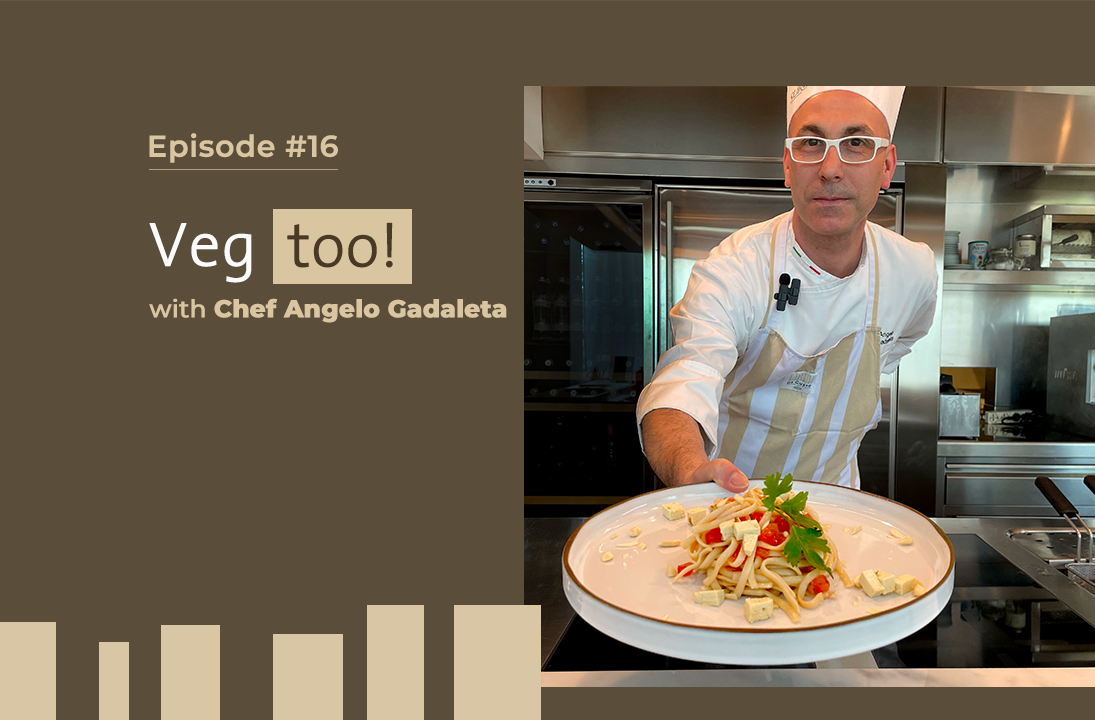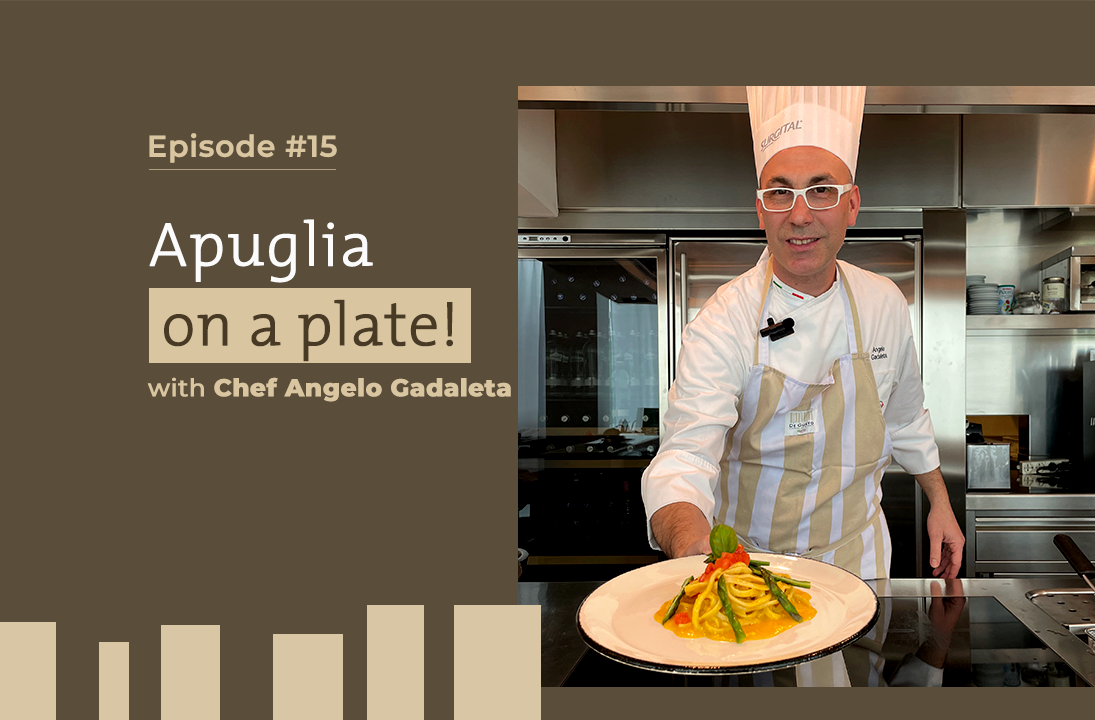
The market for plant-based food continues to expand, with its value projection rising from 26.16 billion dollars in 2021 to 61.35 billion dollars in 2028. Often seen alongside themes of green transition, sustainability reports and Net Zero plans, it is important to consider whether this movement is part of a permanent transition, or just a fleeting trend.
The market for plant-based food continues to expand, with its value projection rising from 26.16 billion dollars in 2021 to 61.35 billion dollars in 2028. Often seen alongside themes of green transition, sustainability reports and Net Zero plans, it is important to consider whether this movement is part of a permanent transition, or just a fleeting trend.
The purchasing habits and lifestyles of consumers have undergone huge changes in recent years. A sedentary lifestyle has increased health problems such as obesity and cardiovascular diseases. Meanwhile, among young people, there is increasing sensitivity to the issue of climate change and its connection with meat consumption. The adoption of a plant-based diet is therefore becoming a choice to both balance your impact on the planet and improve your health.
It has been consumers themselves, in search of sustainable, often plant-based options, both at home and at restaurants, who have pushed manufacturers, grocery chains and restaurants to launch new plant-based products, especially in the North American and European markets.

The challenge of plant-based foods
Launched in 2014, Veganuary is a challenge that encourages people to eat only plant-based food for the whole of January. Fully embracing a vegan diet is a real lifestyle change. After this challenge at the beginning of the year, many consumers opt for a less strict alternative: a plant-based diet that favours vegan foods, but also allows occasional consumption of meat or fish provided that it has not been produced using exploitative methods or intensive farming.
For catering professionals, plant-based food offers a different challenge – engaging with non-traditional ingredients, unusual pairings and innovative cooking methods, which can bring out the flavour of the raw materials. Because consumers may be requesting lighter, healthier options, but as we Italians know well, you can’t sacrifice flavour.
Surgital’s plant-based offer
Since 2008, Surgital has based its growth on energy efficiency, in order to protect the land, reduce the impact of production and be able to use alternative energy sources. What for Surgital was an instinctive strategy has today become an added value, and an indication of stability and trust for the market.
While continuing to invest in research and development to make production as low-impact as possible, Surgital has begun to develop new products that embrace plant-based alternatives and consumer preferences.
Along with the more traditional pasta formats, such as Neapolitan paccheri, riminesi and Tuscan pici, which are already available as plant-based options as part of the traditional Laboratorio Tortellini® range, a new pasta format entirely made from legumes and vegetables has been created, which is low in fat and high in fibre.
Our new vegetable, pea and lentil linguine is as tasty as pasta and as light as vegetables. The ideal alternative for a delicious plant-based meal, without sacrificing the taste of tradition.
Prepared in a Fake Carbonara sauce, or as a fusion recipe in a bowl of ramen soup, our vegetable, pea and lentil linguine are the perfect addition to a modern, healthy, delicious menu.

